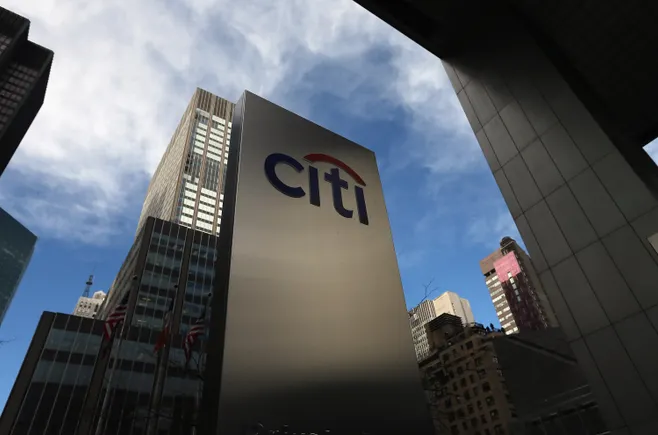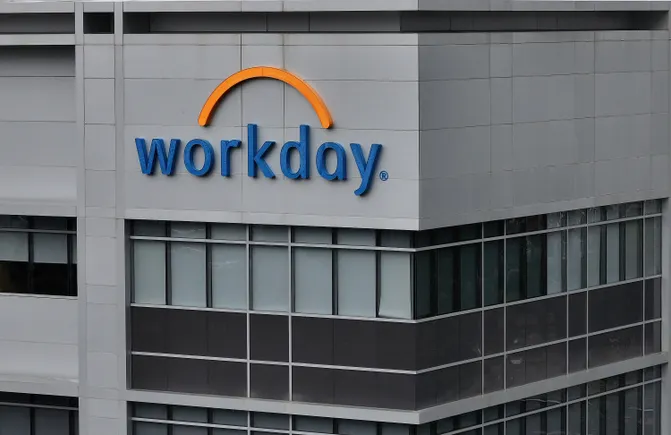Dive Brief:
- IBM discriminated against a Black product management director when it fired her and other Black executives in order to comply with President Donald Trump’s January executive order directing federal agencies to end public-sector diversity, equity and inclusion programs, a lawsuit alleged Wednesday.
- The plaintiff in Washington v. International Business Machines Corp. had a 26-year career at IBM prior to her firing, which allegedly coincided with IBM’s firing of five out of seven Black executives in the plaintiff’s division. The plaintiff claimed that she had no documented performance issues, was not given a reason for her termination and was replaced by an Asian candidate with less experience.
- The plaintiff claimed the terminations were done “in order to appease the Trump administration” and to retain IBM’s status as a favored contractor for federal government agencies. She asked the U.S. District Court for the District of Maryland for a jury trial. IBM did not immediately respond to a request for comment.
Dive Insight:
IBM, previously the target of multiple lawsuits alleging that its DEI programs discriminated against White workers, now faces allegations that it unlawfully fired employees in order to comply with an anti-DEI executive order.
The plaintiff in Washington cited comments allegedly made by IBM CEO Arvind Krishna following Trump’s executive order, which directed both federal agencies and contractors to end all DEI programs, policies, offices and positions. Asked whether the company would comply with the order, Krishna said “of course we will comply,” or something similar, per the complaint. The challenged firings of Black executives including the plaintiff followed, she alleged, “despite the fact that there was no performance-based reason to terminate their employment.”
Aside from her claim that her performance did not merit termination, the plaintiff said she was asked to shift her commute to regularly attend an IBM office in Massachusetts from her home in Maryland. She did so and was fired despite company policy stating that employees asked to relocate or commute were not to be included in force reductions, according to the complaint.
In all, the plaintiff alleged that IBM violated Title VII of the 1964 Civil Rights Act as well as the 1866 Civil Rights Act because it discriminated against her and other Black employees on the basis of race.
IBM also has faced at least three lawsuits brought by the conservative group America First Legal that alleged discrimination against White employees. The company settled one of the cases — in which the plaintiff claimed that IBM placed him on a performance improvement plan despite positive reviews and later fired him to meet its diversity goals — last July. A second America First Legal-backed complaint filed in June made similar allegations and is currently in litigation.
Similarly, America First sued IBM subsidiary Red Hat in 2024, claiming that it fired a White male employee after he spoke out against a push to hire employees based on their race and gender. Last month, a federal judge stayed proceedings in the case pending arbitration.
Trump issued a separate executive order directing federal agencies to take steps to encourage private-sector employers to drop their DEI programs. A group of plaintiffs challenged the two orders in a lawsuit that resulted in a federal judge enjoining parts of the orders, but the 4th U.S. Circuit Court of Appeals stayed the injunction pending appeal.
The administration’s efforts have led employers to rethink their DEI approach, including whether to operate employee resource groups, DEI training and similar programs, an attorney previously told HR Dive. Others have said employers may consider pulling back only on what federal regulators have characterized as “illegal DEI” rather than dropping DEI altogether, given the benefits of diversity in areas such as recruiting.






Leave a Reply